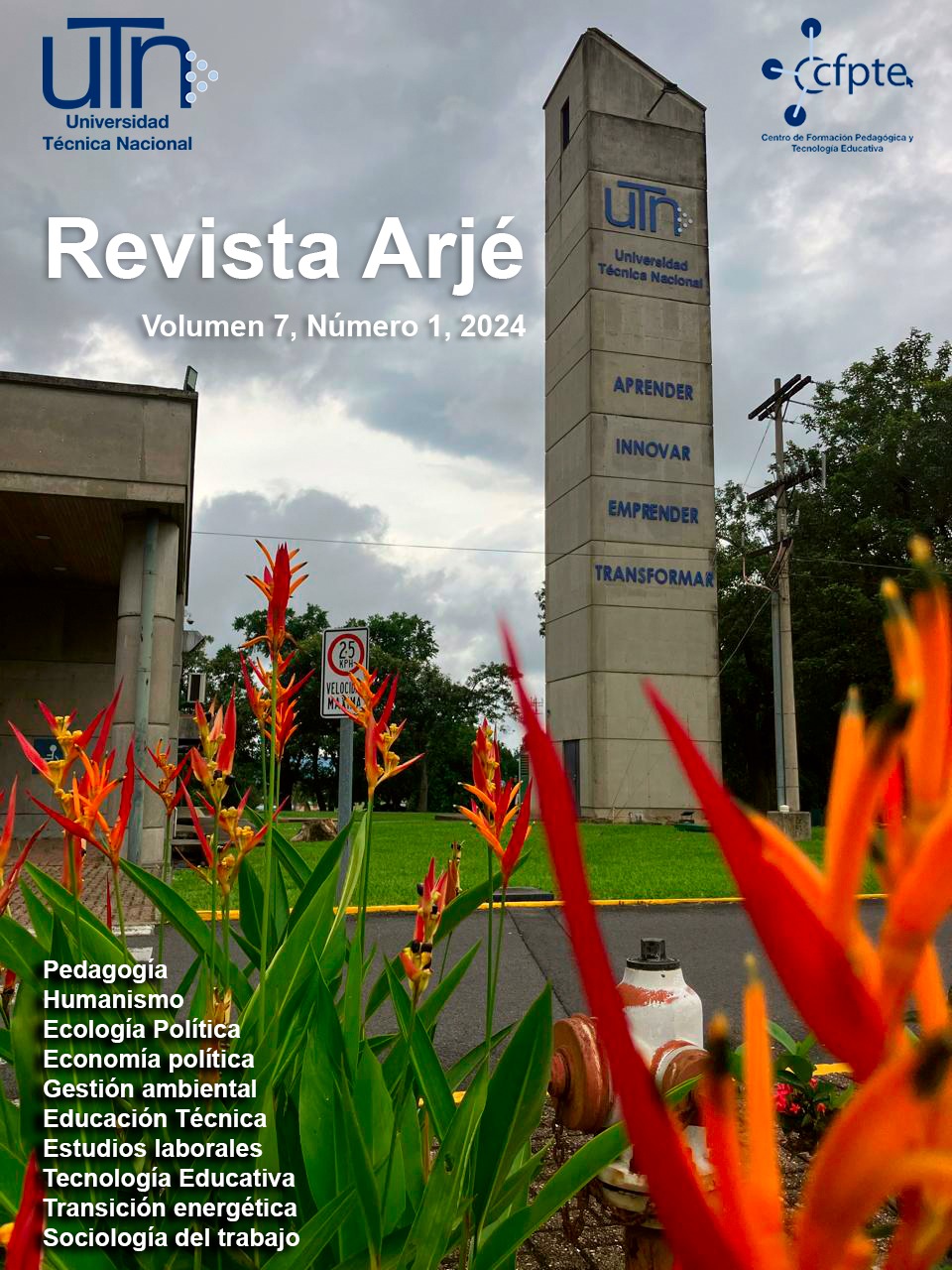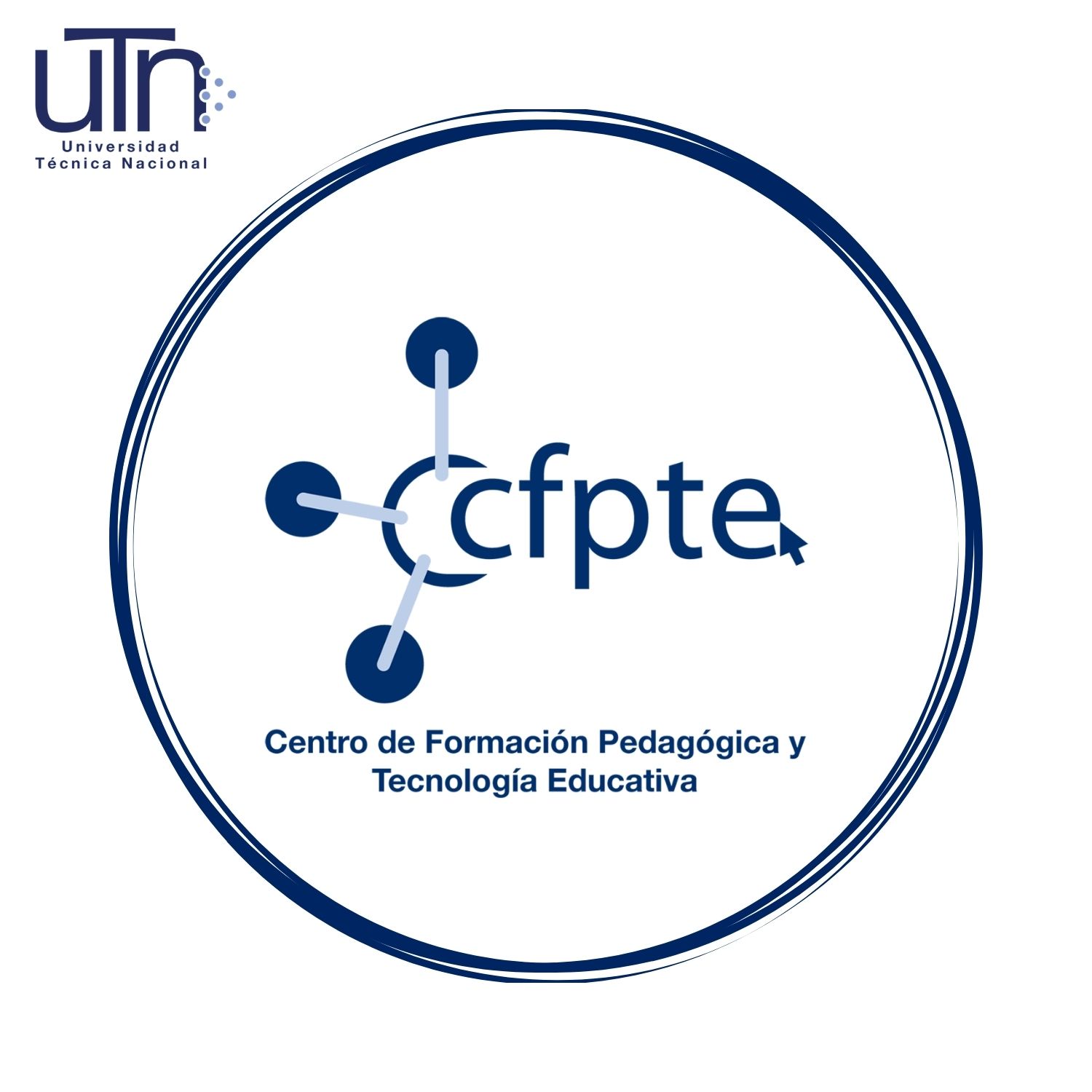Importance of research in Technical and Vocational Education and Training for social integration and socioeconomic development
DOI:
https://doi.org/10.47633/arje.v7i1.660Keywords:
Economic Development, Employability, Inclusion Social, Research, Technical and Vocational EducationAbstract
The editorial focuses on the fundamental importance of research within the Technical and Vocational Education and Training (TVET) system. It argues that the TVET system is crucial for socioeconomic development and social integration because its programs are directly aligned with labor market demands, thereby improving the employability of its graduates. Specialized research in this field is considered vital, as it enables curricular updating and the strengthening of pedagogical methodologies, ensuring alignment with labor needs. Moreover, research is presented as a pillar that promotes intellectual debate, the creation of public policies, and the building of more equitable societies. Finally, the author emphasizes that research provides scientific rigor to the academic processes of TVET, driving intellectual development and the integration of theory and practice.
Downloads
References
El editorial no lleva referencias porque su función principal es expresar una posición institucional, reflexiva o valorativa sobre un tema, más que presentar resultados de investigación o fundamentar argumentos con citas académicas. Se trata de un texto de opinión sustentado en la experiencia, la observación y el análisis crítico, no en la revisión bibliográfica. Por ello, no requiere referencias ni bibliografía, aunque puede aludir de forma general a contextos, hechos o debates relevantes.
The editorial does not include references because its main purpose is to express an institutional, reflective, or evaluative stance on a topic rather than to present research results or support arguments with academic citations. It is an opinion piece based on experience, observation, and critical analysis, not on a literature review. Therefore, it does not require references or a bibliography, although it may make general allusions to relevant contexts, facts, or debates.
O editorial não contém referências porque sua função principal é expressar uma posição institucional, reflexiva ou valorativa sobre um tema, e não apresentar resultados de pesquisa ou fundamentar argumentos com citações acadêmicas. Trata-se de um texto opinativo baseado na experiência, na observação e na análise crítica, e não em uma revisão bibliográfica. Por isso, não requer referências nem bibliografia, embora possa fazer alusões gerais a contextos, fatos ou debates relevantes.
Downloads
Published
Issue
Section
License
Copyright (c) 2024 Daniel Láscarez-Smith

This work is licensed under a Creative Commons Attribution-NonCommercial-ShareAlike 4.0 International License.
All articles in the Revista Académica Arjé are published under the Creative Commons Attribution-NonCommercial-ShareAlike 4.0 International License (CC BY-NC-SA 4.0).
This means that:
-
Attribution: Proper credit must be given to the original authors, a link to the license must be included, and any changes made must be indicated.
-
NonCommercial: The material may not be used for commercial purposes.
-
ShareAlike: If the work is adapted or remixed, the resulting version must be distributed under the same license.
More information at: https://creativecommons.org/licenses/by-nc-sa/4.0/deed.en








